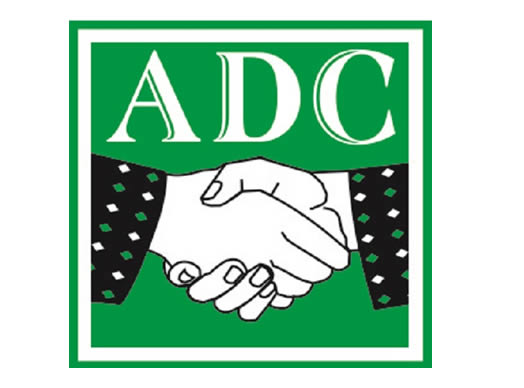By Atoyebi Nike
As discussions intensify around a potential alliance between Peter Obi and Atiku Abubakar under a broader opposition coalition, Northern Nigeria appears divided on its impact ahead of the 2027 elections.
Political analyst Abdulkadir Ibrahim, also known as Abba Gwale, said northern voters view the alliance as the best chance to defeat President Bola Tinubu. He noted that although Obi has not formally joined the African Democratic Congress (ADC), he is widely seen as part of the coalition.
“The core drivers of the coalition are northerners. Peter Obi hasn’t officially joined ADC, but people believe he will,” Gwale said, adding that voters in the region are ready for change.
He pointed out that dissatisfaction with the current administration fueled by fuel subsidy removal, rising food prices, higher school fees, insecurity, and electricity hikes could drive high voter turnout.
“People are suffering, and they see this coalition as a way out. If the North turns out massively, it could seriously challenge Tinubu’s re-election,” he added.
Gwale also highlighted high-profile defections to ADC, including former APC governorship candidate Aishatu Binani, as signs of momentum.
Another northern political figure, Mukhtar Adnan, a former Kano House of Assembly aspirant, described the Obi-Atiku alliance as a “strategic masterstroke.”
“Atiku and Obi secured over 6 million votes each in 2023. Combined, that’s nearly 13 million—more than Tinubu’s 8 million. That makes them a real threat,” Adnan said.
He said grassroots enthusiasm is growing across the North, especially among citizens weary of economic hardship.
Adnan endorsed Atiku as the most competent among current aspirants, saying, “He has the experience and a clear blueprint. I’ll vote Atiku and prefer Obi as his running mate.”
But not everyone agrees. Al-ameem Kabeer in Katsina believes unseating the APC will be tough.
“Unless ADC brings in more governors and even Kwankwaso, defeating APC will be almost impossible,” he said.
Nazeer Dalhatu, a Kano district head, dismissed the coalition entirely.
“ADC is just filled with aggrieved politicians who didn’t get APC tickets. They’re not serious contenders,” he said.
Zaria resident Abdulrasheed Omoniyi offered a more cautious view, saying, “It’s possible if momentum builds, like in 2015, but that energy is missing. If ADC fields a northern candidate, they may lose southern support.”
ADC spokesperson Bolaji Abdullahi clarified that the coalition isn’t yet backing any candidate.
“We’re not endorsing anyone. No candidate has been chosen. We’re focused on strengthening the party,” he said, adding that most of the current ADC leaders are from the North.
As political realignments continue, all eyes are on how this potential coalition will evolve—and whether it can truly mount a united challenge to the ruling APC.


